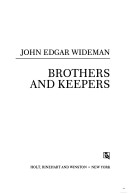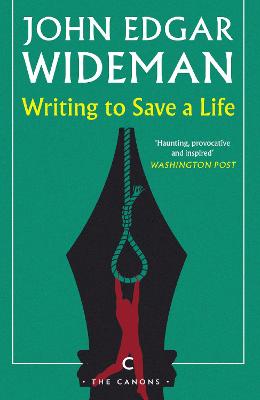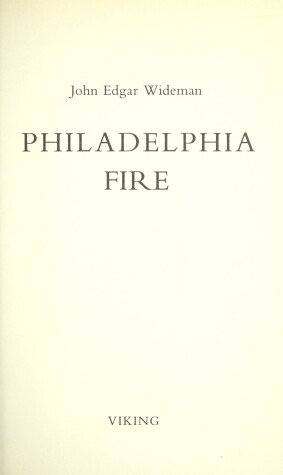Canons
3 total works
When Emmett Till was murdered aged fourteen for allegedly whistling at a white woman, photographs of his destroyed face became a flashpoint in the civil rights movement. A decade earlier Emmett's father, Louis, had also been killed - court-martialled and hanged. Though the circumstances could hardly have been more different, behind both deaths stood the same crime, of being black.
In Writing to Save a Life, John Edgar Wideman, born the same year as Emmett Till, investigates the tragic fates of father and son. Mixing research, memoir and imagination, this book is an essential commentary on racism in America - illuminating, humane and profound.
A master storyteller, Wideman is both a witness and a prophet' - Caryl Phillips.


